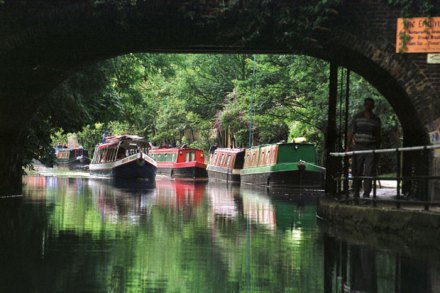Signifying Rappers, by David Foster Wallace – review
Since his suicide, David Foster Wallace has made the transition from major writer to major industry. Hence this UK issue of a slender work of music history got up for a small US press in 1990 by a young Wallace and his college friend Mark Costello. The premise: it’s the early days of rap, and two overeducated white kids who like it produce a sampler considering What It’s All About. That it’s dated doesn’t matter much. That it’s juvenilia does. Its cleverness is that of a writer in possession of an immense talent but not yet remotely in control of it: a learner driver doing doughnuts in a powerful car.














